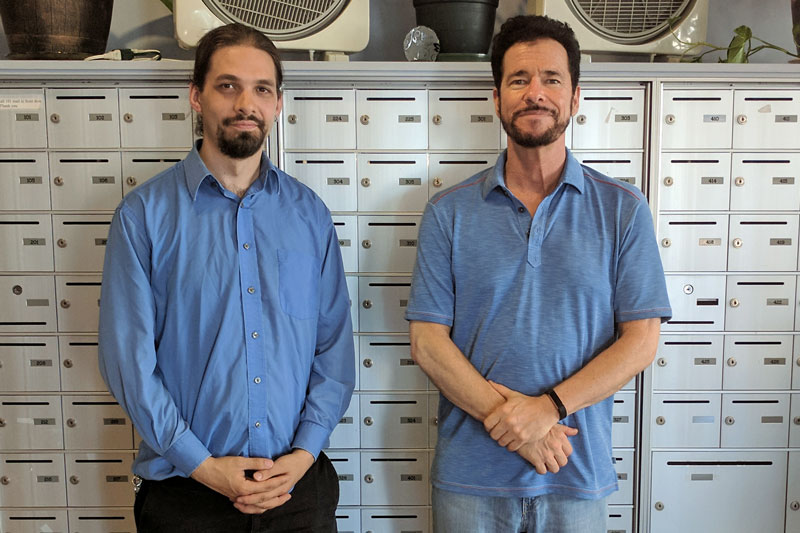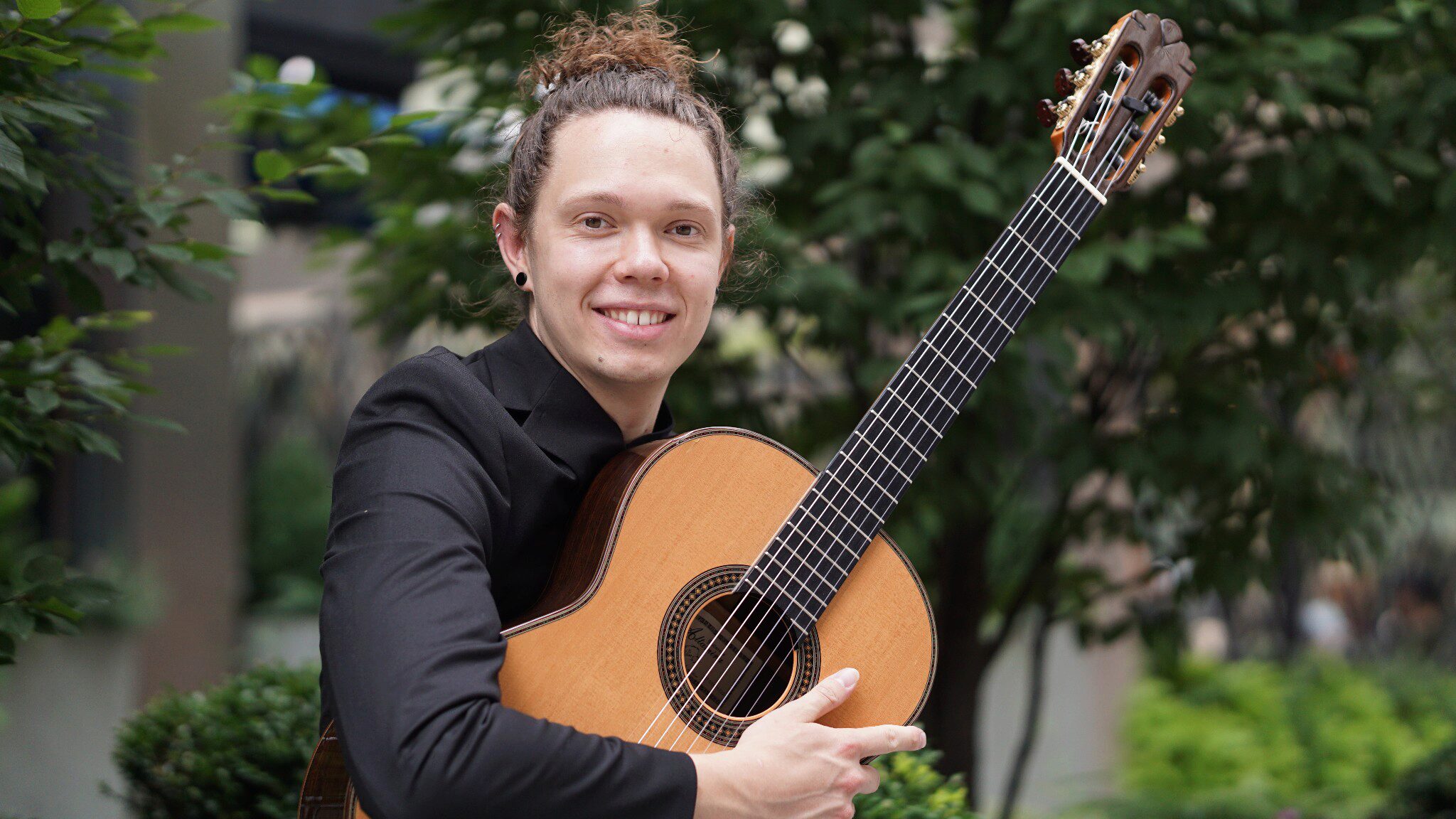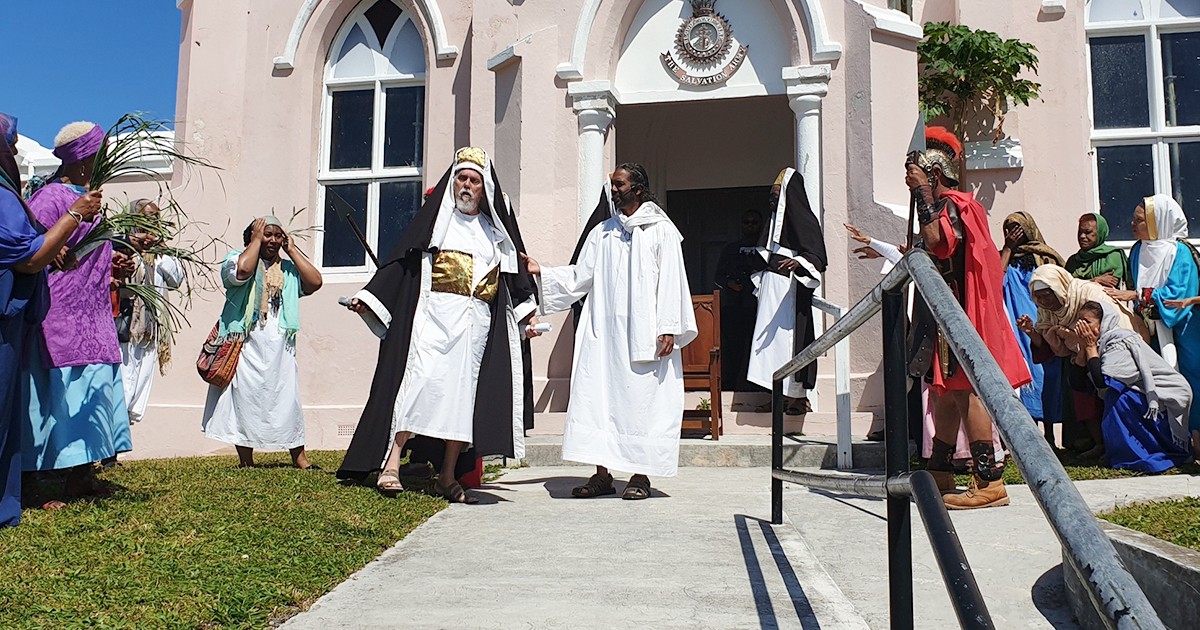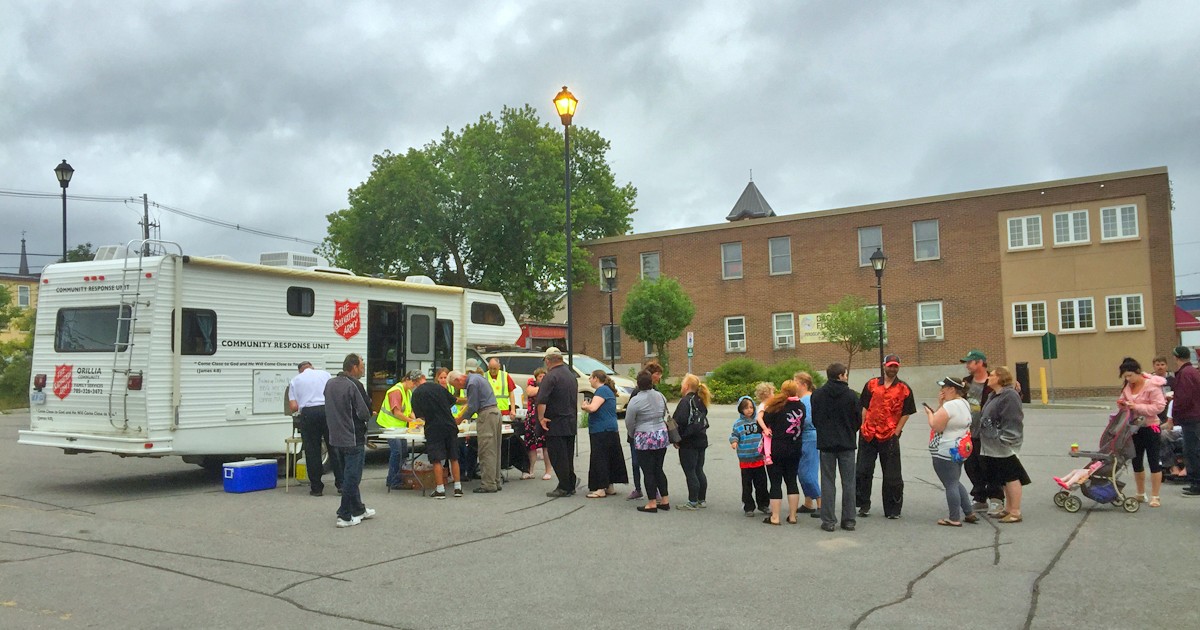Sanctuary at Belkin
Back surgery led to dependence on pain medication, the breakup of Brian’s marriage, the loss of his house and estrangement from family. Brian felt the only way out of his overwhelming pain was to end his life. One day, he made his way to a bridge over Vancouver’s Burrard Inlet. The next thing he knew, he was being pulled out of the murky water and rushed to hospital.
There, he was encouraged to go into a recovery program.
“After three months, I was able to kick my drug dependency,” says Brian. However, he needed further help to cope with the trauma he was experiencing. “The counselling was of a general recovery-based nature and there wasn’t a focus on addressing loss or grief, which I felt I needed.”
In January 2014, Brian went to The Salvation Army’s Belkin House in Vancouver for respite and second-stage program-focused housing.
“I participated in all the programs offered,” he says, “but I continued to struggle with depression. I felt, though, that the faith-based programs were essential to my restoration, and I slowly became aware that I needed to deal with past experiences, with all I had lost. I needed Grief Recovery.”
Feeling Lost With Losses
Belkin House’s Grief Recovery Method Program is an eight-week course designed to help grievers recover from past hurts.
“What makes the program unique is that the healing comes through grievers themselves in a supportive role,” says grief recovery specialist and life-skills instructor Manuel Ulliac. “Because no one can ever truly understand what you are going through, this method allows you to speak the truth of your loss in your own words, and to do it completely—without analysis, criticism or judgment.”
“I was given the opportunity to listen to others who were dealing with grief,” says Brian. “I felt comforted in hearing that others had gone through the same types of difficulties I had experienced.”
Brian felt empowered being able to talk about his loss and grief, and he realized he’d coped with them inappropriately. “It led to destructive ways, depression and substance abuse,” he says.
With the Grief Recovery Method Program, Brian realized that there was a healthier and more effective way to deal with his struggles, now and in the future.
“It’s not just randomly muddling through,” he explains. “I know that there is a specific pattern I can follow to help me. It makes me feel less ‘lost with my losses.’ I now feel a greater sense of purpose and resolve.”
Out of the Past
“After having facilitated the program for some years now, I see a variety of participants,” says Manuel. “Their reasons vary. Sometimes it’s a way to join others for coffee and snacks. Sometimes it’s because they want to resolve some deep personal losses they’ve experienced.
 “Grief recovery in some form or another is essential for everyone,” says Brian, here with Sally Ann, The Salvation Army’s mascot
“Grief recovery in some form or another is essential for everyone,” says Brian, here with Sally Ann, The Salvation Army’s mascot
“All of these attitudes are perfectly welcome,” continues Manuel. “There’s no judgment about whether the reasons are superficial or not. We all experience loss to the greatest measure we can feel: there’s no
comparison. There is no way of comparing, no loss we can call worthy or unworthy of grief.
“We all experience grief from time to time. But to resolve that grief is often just a need to find the things that were left unsaid, and say them. When participants tell me that they were able to say things they were never able to say before, I know it’s working!”
“There’s a myth that a grief recovery program doesn’t apply to everyone,” Brian points out. “But the things that you struggle with now are likely related to the things you haven’t resolved in your past.” Brian believes that this leads many down the road of self-destruction. “Patterns such as addiction have so much to do with losses we’ve had, even those losses we haven’t yet identified. Grief recovery in some form or another is essential for everyone.”
Brian has come a long way since that day at Burrard Inlet. Gainfully employed at The Salvation Army’s Grace Mansion, he’s enrolled in college and is doing an addictions counselling certification program. It is his hope to help those struggling with depression and addiction issues much in the way that he was lent a hand.
Brian’s also forged relationships with those around him. “I was able to reconnect with my mother and son, and I have become less self-focused and more centred.”
He has some final advice for those going through what he went through. “No program is perfect, and you can’t expect a cure-all,” says Brian. “The journey to healing will not look perfect but it’s important that you try what’s out there and take positive action. I’ve seen firsthand the impact that can happen when we simply ask for help. Don’t be afraid to ask.”










EDITOR: Please contact the local Salvation Army at
219 Simcoe St
Peterborough ON K9H 2H6
705-742-4391
Executive Director: Mrs. Joanne Minaker